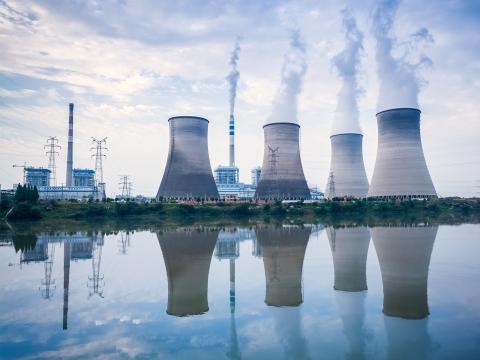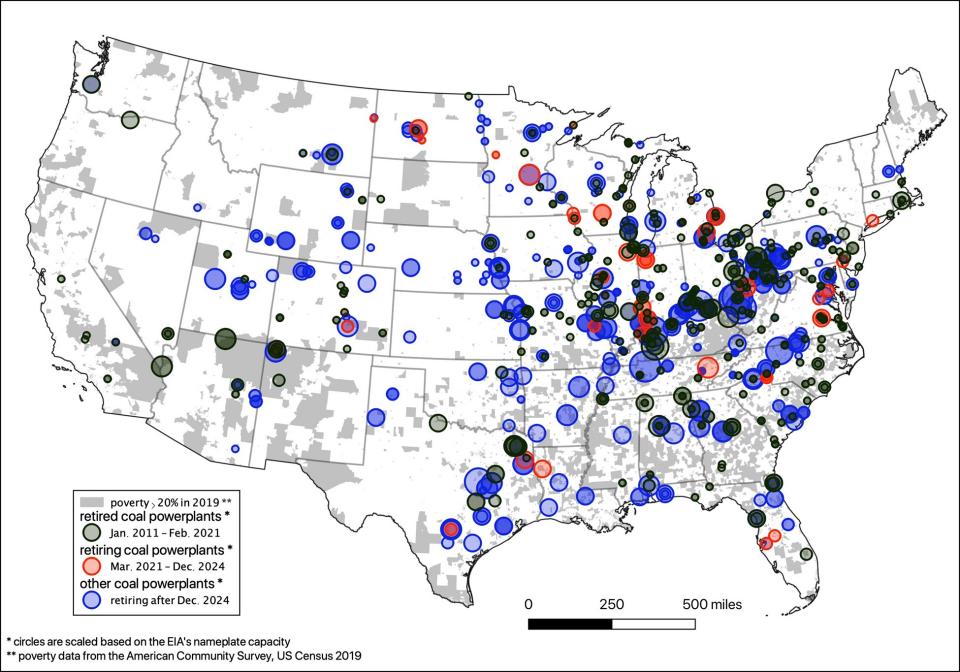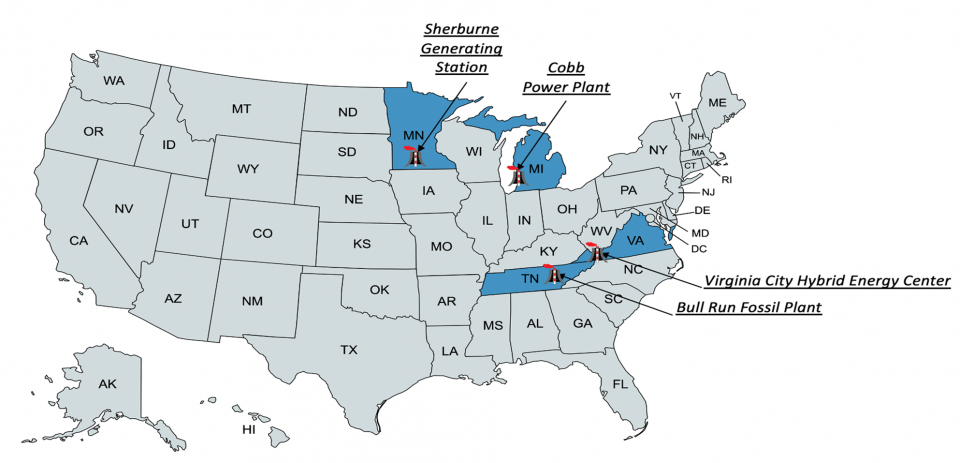Communities in Energy Transition
Identifying transition best practices to assure equitable community outcomes

While the United States’ energy production history is one of considerable evolution, recent decades have witnessed unprecedented change to the energy landscape. Technological advances, increasingly cost-effective cleaner energy sources, and regulatory drivers have all catalyzed the decline of the U.S. coal industry. Although coal and other fossil fuels have dominated the U.S. fuel mix for the last century, a significant number of coal power plants have been retired and/or decommissioned across the United States over the past decade. The United States is undergoing an energy transition: a shift away from traditional fossil-based systems of energy production and consumption to more sustainable sources of power.
All across the nation, coal-dependent communities are being faced with the economic, environmental, and social challenges presented by the energy transition process. These energy communities are economically tied to coal-fired generation—through jobs, local tax revenue, and direct and indirect economic activities—and principally bear the brunt of the health and environmental ramifications from coal generation that once sustained the nation at large. Energy communities are an integral part of the energy transition, and the process should be community-driven to assure an equitable decommissioning process and achieve a just transition to the new energy economy.

Coal Plant Decommissioning Research at PNNL
Community impacts of power plant decommissioning are not just limited to job and revenue losses, but also cultural, social, environmental, and human health impacts that are unique to each energy community. Pacific Northwest National Laboratory (PNNL) is working on identifying ways to inform the support provided to energy communities throughout the decommissioning process, whether for job creation, economic revitalization, cultural preservation, social development, and/or environmental clean-up. PNNL is investigating a programmatic framework to guide decommissioning processes in an equitable way while also addressing the fact that there is no one-size-fits-all development plan for communities. Coal-dependent communities have varying needs and wants when making an energy transition away from coal, so the support provided to these communities must be specific to each community’s social, cultural, and economic profile and their unique needs.

PNNL’s ongoing work in the energy-transition–energy-equity nexus is focused on engaging transitioning fossil-fuel-dependent communities across different geographic settings to identify best practices to support workers and communities in the changing energy landscape. Involving community stakeholders is a large part of assuring an equitable transition from coal and recognizing the needs of communities to assure economic stability. Energy communities are often marginalized communities, including those in rural areas, of low-income status, communities of color, and indigenous populations. Targeted efforts that incorporate principles of equity are needed to mobilize resources to revitalize hard-hit fossil-fuel-dependent communities.
Read the Coal-dependent Communities in Transition Report
Read the Business Models for Coal Plant Decommissioning Report
Energy equity and environmental justice must be at the center of the transition process to assure the post-decommissioning plans do not perpetuate past harm on communities.

Best practices for equitable transition include:
- Early and continued engagement throughout the transition process, with a number of mediums for communication and feedback (e.g., in-person sessions, virtual meetings, written comment opportunities)
- Early planning of post-decommissioning projects to replace lost jobs, revenue, and economic activity
- Recognition (and mitigation, if possible) of social impacts on the community due to plant closure
- Transparency throughout the process, with trusted information being provided about the plant decommissioning process and timeline; potential impacts on the workforce, economy, and environment; and the feasibility of alternative site uses
- Identifying funding sources, technical experts, and/or strategic partnerships to support decommissioning and the affected communities up-front
- Acknowledging communities as stakeholders who have a role in the conversation and right to determine their futures.
Communities are important stakeholders in the decommissioning process but are not the only agents involved. There are many different stakeholders that can be involved in the plant decommissioning process, some of whom are uniquely positioned to assist and engage communities with the decision-making involved in the process. PNNL is exploring the roles that stakeholders such as local governments and government entities, nonprofit and nongovernmental groups, and community-based organizations can play in assisting energy communities during the transition. These roles may vary case by case and may be limited but can be useful in facilitating equitable outcomes during the decommissioning process.
Key areas of support for energy communities include:
- Technical assistance: assessment of site feasibility for alternative uses or to repower with new technologies.
- Cross-partnership engagement and collaboration: facilitate knowledge-sharing of “lessons learned” about the decommissioning process between communities and provide guidance for decision-making processes.
- Financial assistance: access to grant and/or loan programs to assist with redevelopment survey, bolster community economic security through job creation, and cover environmental clean-up costs.
